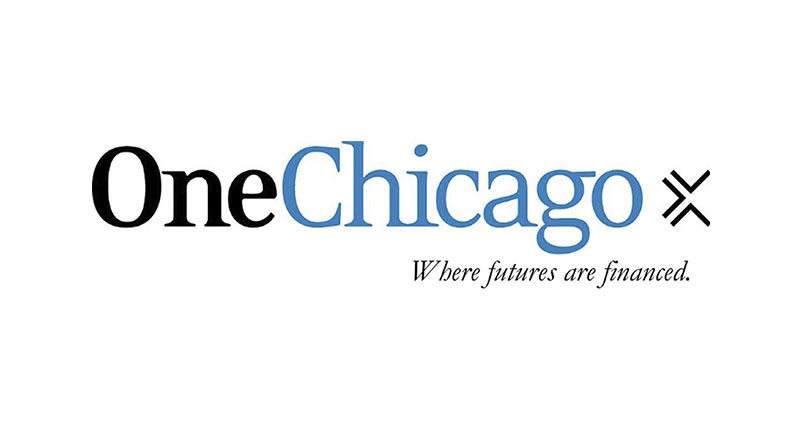In May 2013, the Commodity Futures Trading Commission finalized its interpretive guidance on disruptive trading practices, as mandated by the Dodd-Frank Act, which defined disruptive trading as any trading activity that:
In August 2014, CME Group published an advisory notice on a new rule, Rule 575, (“Disruptive Trading Practices Prohibited”), that codified the types of practiced that the exchange group considers to be disruptive in nature.
Since that time, several high profile cases involving spoofing have surfaced, including charges against Michael Coscia of Panther Energy Trading and Navinder Singh Sarao, the so-called “flash crash trader.”
While trading infractions and exchange actions are nothing new, potentially large fines and criminal charges stemming from disruptive trading accusations have traders and firms a bit nervous.
Prior to joining Sidley Austin as an attorney in the law firm’s Investment Products and Derivatives practice, Lisa Dunsky spent four and a half years as executive director and associate general counsel at CME Group. Now, her practice includes conducting compliance training and advising firms and traders what they should do if they get a call from an exchange or regulator.
“Now that we have these criminal indictments out there,” says Dunsky, “when an exchange is asking to interview a trader in a case that might involve spoofing, you have to think long and hard about whether, as an attorney, you can represent the trader and the firm, or whether the trader needs his or her own counsel.”
Dunsky cautions that an exchange is a private entity, not the government, so one is not entitled to assert Fifth Amendment rights against self-incrimination, and failure to answer a question posed by the exchange is itself a violation of exchange rules.
For a firm that’s a member of an exchange, she goes on to discuss the importance of compliance training, compliance manuals and maintaining documentation when compliance education is conducted at your firm and who attended the training seminars.It is ultimately a member firm’s duty under exchange rules to diligently supervise.

http://johnlothiannews.com/blockchain-litigation-2018-murphy-mcgonigle-reports/

Clearinghouses are now considered systemically important to financial markets. But with that designation are new regulations and capital requirements. John Lothian News sat down...

The John Lothian Newsletter started in 2000 as a viral marketing experiment to help me grow my online brokerage business, but also my promotion...